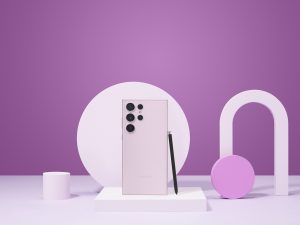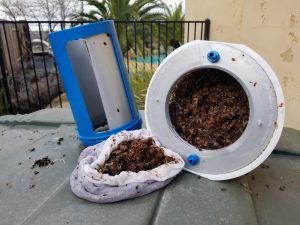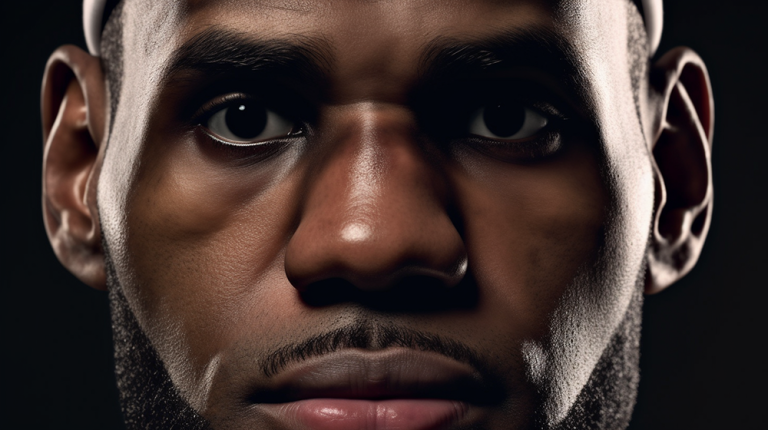
Microsoft has been in a bit of a shake up since last year. Sales of the newly launched Surface tablet have been steady but not at the same exponential growth rate as seen by Android and iOS, and the gimped Surface RT was all but a failure. The mobile sector hasn’t fared very well either; despite great adoption rates in countries like Italy and Germany, the US market share for Windows Phone still remains below 5%. And then there’s Xbox.
The Xbox 360 can’t be called a failure. While the Wii has managed to sell more units so far, the Xbox 360 is still chugging along and could eventually surpass the Wii’s lifetime total of 100 million units. As of October 2013, the Xbox has sold 80 million units worldwide. It’s an impressive feat for a single console of any generation and Microsoft seems to be squandering that goodwill away.
I won’t delve into the problems the Xbox One has faced since its launch and the subsequent months afterward, as that’s well documented elsewhere. The problem now lies with leadership at Microsoft and investors baying for Xbox blood.

Yesterday, Microsoft execs appointed Stephen Elop as head of Microsoft’s devices branch, which was combined earlier to include Surface, Windows Phone, and the Xbox. Elop returns to the company after heading up Nokia for 3 years, a company that has deflated in value over the past 5 years enough to be acquired by Microsoft. According to some, this was Elop’s job all together. Elop is replacing Julie Larson-Green, who will head back to Microsoft’s services division to work on products like Windows and Microsoft Office.
So what’s the problem here? Why all the Microsoft talk? Numerous investors have been calling for Microsoft to sell its Xbox Division, or at least spin it off into a separate entity, sort of how Google treated Motorola when it acquired the smartphone manufacturer (before trading it to Lenovo). With Stephen Elop in place at the head of the device division, many people seem to think Microsoft is poised to do this.
One Forbes contributor seems to think that Microsoft would be wise in dumping its console on Nintendo, who has problems of their own. While the Wii U isn’t doing as spectacularly as Nintendo originally hoped in 2012, the machine is far from dead in terms of console standards. Satoru Iwata revised the company’s financial plans and finally acknowledged that his blue ocean strategy that worked for the Wii likely won’t work for the Wii U. That’s why Nintendo has talked about exploring other options lately. We won’t know more about these other options until E3, but its safe to say that Nintendo is comfortable working out its own problems.
You Made Xbox, You Keep It
As suggested by this Forbes contributor, because the Xbox division loses Microsoft nearly $2 billion a year and the launch of the Xbox One is firmly rooted behind Sony’s PlayStation 4, Adam Hartung believes that Microsoft would be making a wise decision by selling Xbox to Nintendo. Here’s his statement on the matter:
A year later Nintendo’s WiiU was far less successful than anticipated, and Nintendo is in need of something to improve its flagging market position. Adding xBox One would give the company a shot in the arm by dramatically expanding its customer and developer footprint. It is this change in the position of Nintendo from what was anticipated to what actually happened that caused this change in the recommended future owner of Microsoft’s gaming business.
Here’s why that won’t happen: Nintendo doesn’t like to admit to failure. While there have been a few true flops produced by the Kyoto giant, the company absolutely refuses to give up on its own hardware. Nintendo has been burned by outsourcing hardware development before; the original PlayStation is Sony’s take on a console after failed negotiations for a disc-based add-on for the Super Nintendo.

Because of this, Nintendo would never purchase Microsoft’s Xbox division, even if it were up for sale. Despite Elop’s vision for an Xbox-less future at Microsoft, it’s safe to say that the Xbox division isn’t going anywhere. Microsoft will happily continue to pump money into its all-in-one entertainment console and hope it catches on at the rate of the original Xbox 360, rather than listening to whiny investors who want to dump products at the first sign of failure.
Microsoft & Nintendo Are Here to Stay
Both Nintendo and Microsoft have had untold amounts of armchair analysts predicting their demise over recent events. Looking back through history, we’ve seen a number of outrageous claims, including the fact that Nintendo should go software only, Microsoft should sell their Xbox division to Barnes & Noble (HAHAHAHAH), and Nintendo should make mobile games instead of consoles. While it’s true that the market is changing, both Nintendo and Microsoft have billions of cash in the bank. They’re not fly-by-night companies who Kickstart a project and then abandon it a year later. (Nobody is looking at you, Ouya.)
Whether you like it or not, Microsoft and Nintendo will remain in the console business, and they’ll do so as business rivals. Expect hell to freeze over and pigs in the sky before either company sells any piece of hardware to the other.








